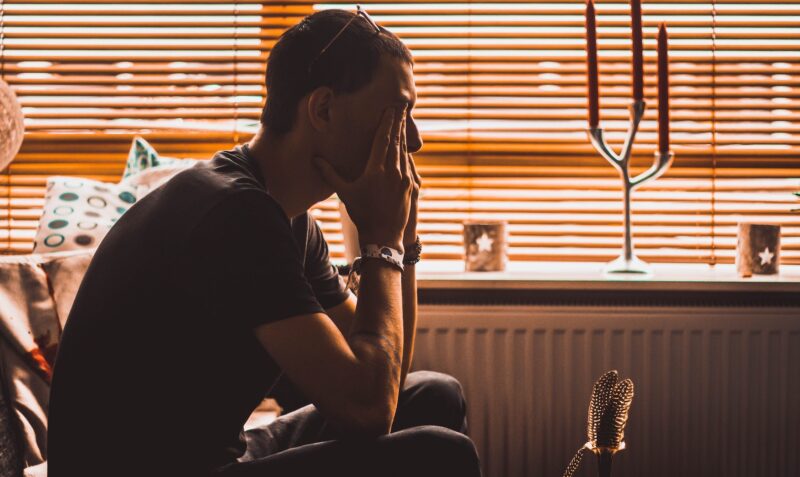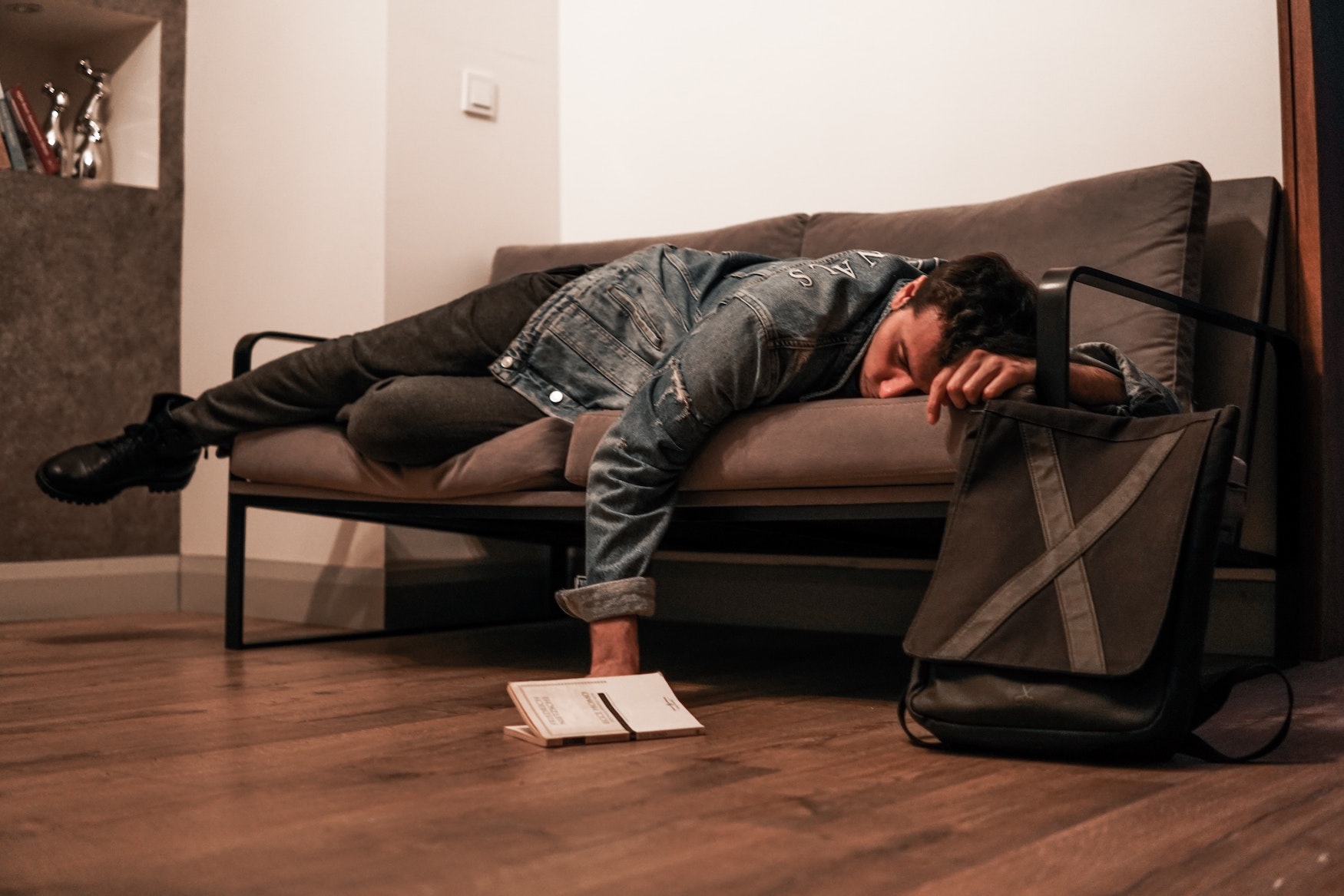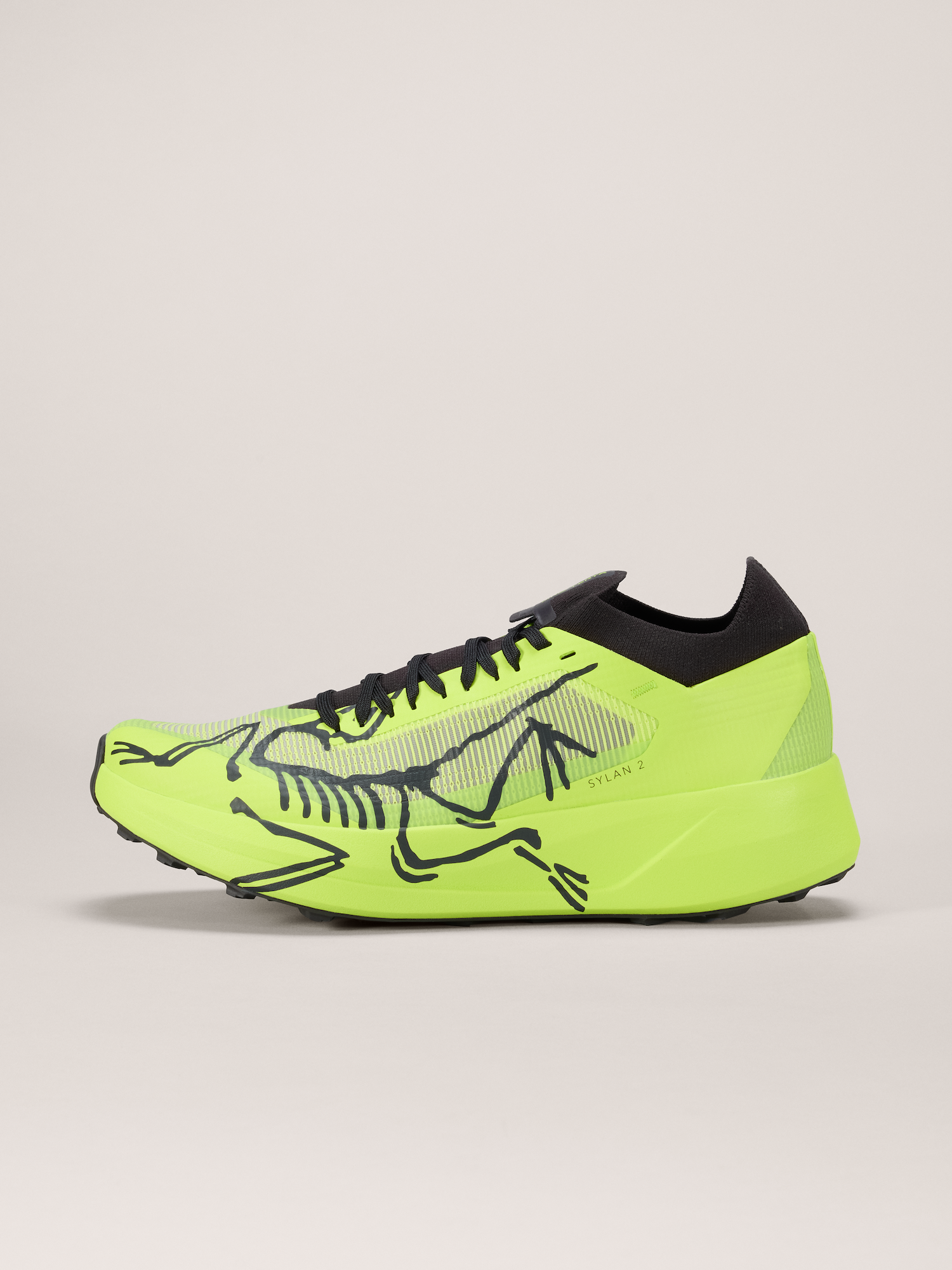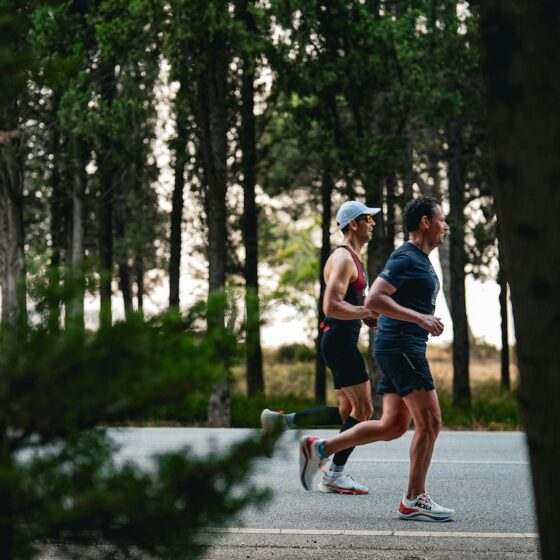There are many benefits to sleep. Proper sleep can leave you feeling energized and ready to conquer your day. Not enough of it can leave you irritable, less productive, and more likely to be miserable. But how much sleep you get is not as simple as deciding when to sleep or when to wake up. Societal norms don’t exactly do us any favors as sleep is increasingly undervalued. Sleep less, work more, be more productive, sleep is for the weak, and so on. There’s even a male machoism where men proudly proclaim things like “I don’t need sleep, I can function without it”.
So why all the fuss about sleep? How we sleep, and how much sleep, can drastically impact our mental, physical, and emotional health.
See also: The 5 Self-Destructive Habits We Need to Change as Men>>>
ADVERTISEMENT |

Sleep & Wakefulness
- Room temperature can help or deter how quickly you fall asleep as well as how long you stay asleep. Cooler temperatures are more conducive for sleep whereas warmer temperatures can delay your sleep or cause wakefulness throughout the night.
- Light, or the absence of it, has a similar effect. The darker the room, the more susceptible you are to dozing off. Exposure to too much light, especially later in the evening can cause wakefulness.
- Introduction of light into your eyeballs first thing upon waking up can significantly improve wakefulness. Doing so can help you resist that morning snooze.
- For people who often find themselves sleeping in hotels, or even the first few nights in a new room, your brain will resist going into deep sleep as a defensive mechanism to that foreign environment. It is typically why you will wake up feeling unrested.
- Use of alcohol late at night or before bed can be a dream blocker. Your brain however will begin to build up a counter of dream sleep. when the alcohol is out of your system, you are likely to have intense dreams which can result in wakefulness. So much for that night cap.
Diet / Health
- Your diet can have a significant impact on your sleep cycle. A low carb/keto diet can induce higher wakefulness as it boosts your energy throughout the day.
- Carb heavier meals or diets can induce more sleepiness. If you’ve ever had a carb heavy lunch, that dip in energy or sleepiness at your desk is a result of the food you just consumed.
- A man who regularly gets less than 7 hours of sleep a night can have the testosterone level of someone 10 years his senior. This can significantly impact your virility, muscle strength and regeneration, sexual performance, etc.
- A limited amount of sleep can result in losing up to 30% of your body’s physical output the next day. This will leave you feeling weaker, sluggish, and hurt your physical abilities, especially if you’re an athlete.
Physical / Mental Functionality
- If you are able to work out, with some consistency, approximately 30 minutes after you wake up, your body will naturally begin to regulate itself to wake up at the same time everyday. This can induce that elusive natural body alarm clock.
- Taking a 20 minute nap after learning something difficult has also been shown to improve learning abilities in terms of understanding a greater volume of information and the ability to retain more information. Sometimes it pays off to take an afternoon snooze.
There are plenty of resources available on the various benefits of sleep and it’s encouraged you do some reading on the subject. All the information presented is sourced from two neuro-experts. Matthew Walker is a Professor of Neuroscience and Psychology at the University of California, Berkeley, and Founder / Director of the Center for Human Sleep Science. He is also the author of “Why We Sleep: Unlocking the Power of Sleep and Dreams”. Andrew Huberman is a neuroscientist and tenured professor in the Department of Neurobiology at the Stanford University of Medicine and hosts a podcast called the Huberman Lab. Whether you’re an athlete or a new father trying to scrape together sleep wherever possible, this should be an important part of your overall health repertoire.












